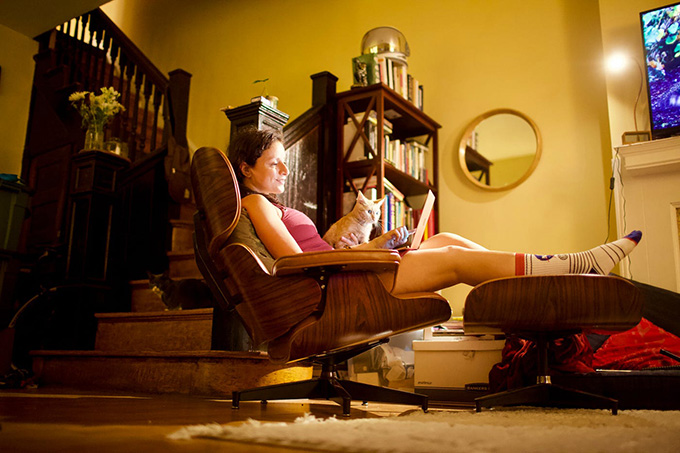
I have just finished three days at a writing retreat. My job was to set a timetable each day, talk a bit about writing and facilitate goal-setting and debriefing. But I didn’t organise quite a lot of important retreat business. Other colleagues did the work of finding and booking the venue and the choosing the various places we had lunch and dinner. And these matter.
The location was really important. One of us, thanks Anna, had scoured a range of potential locations, deciding on short-term holiday rental houses in a seaside location. The houses were in unobtrusively landscaped grounds with stands of tall gum trees and smaller native bushes. The trees and bushes supported a variety of bird-life and we were continually surrounded by melodious magpie song and the sight of colourful plains parrots in the trees. On more than one occasion, a cheeky young magpie flew right into the house looking for food.
A yellowing paddock – in England called a field – was right next to the house where we gathered each day. As well as sheep, the paddock was home to a herd of kangaroos who variously grazed, hopped and slept their way through the day. A boardwalk threaded through sand dunes to a pristine beach, the ideal site for the afternoon paired walk and talk.
By contrast, meal times were well away from the trees, fields and birds and from our laptops. We drove from our working spot into one of the local small seaside towns for both lunch and dinner. We ate together, talking about our work and work-related topics only sometimes. This was a different form of sociality from that gained by everyone sitting at the same table typing.
Now, all of these elements were important. An aesthetically pleasing location. Working in the same room as others. A place to walk and talk with one other person. The opportunity to shift to an area conducive to group conversation, changing the scene so that the writing place became fresh each time it was occupied.
And the writing retreat experience did remind me about the importance of trying to organise these things for ourselves not just occasionally but every day. Our writing really benefits if we can regularly create a productive and supportive environment. A writing mood. As Ben Highmore explains
We live across mood-worlds. We live through a plethora of feelings. Some moods and feelings are dramatic and intense; their presence is emphatic, insistent. Other feelings are relatively inconspicuous because they occur too often to be noticeable, or because they saturate a particular situation. Some are just a low hum. We don’t notice the mood of the place where we work until it is somehow‘off ’. But the day- to- day mood of our workplace isn’t the absence of mood. We know this because it is significantly different from the atmosphere in our homes, even though we might not notice that mood either. All of the feelings we experience are relational, and to a greater or lesser extent those relations are deeply entwined with the social worlds that we inhabit.
So moods are about how we feel, and are also about how things are arranged in our social and material environment. How we are as part of particular environments.
Of course, not all of us want the same kind of mood for our every day writing. We all have our preferences. We like different kinds of surrounds – some of us choose busy cafes, we like to change where we are. Others like the same space every day, a particular chair, our stationery laid out just so. Some of us like to work in silence. Or perhaps we have a writing sound track. But it really can help your writing to think about both the practicalities, the socialities and the aesthetics of where we choose to write.
And yes, some of us have less choice than others about where and when we work. We all work within some limits. We can’t have magpies, an empty windswept beach and a paddock of kangaroos everyday. But we can still try to find within our own situation something pleasing and calming. And we can build in times when we talk intimately with a colleague about our work. And times when we enjoy te company of our colleagues letting the conversation go where it will.
We can build our own writing mood-world.
